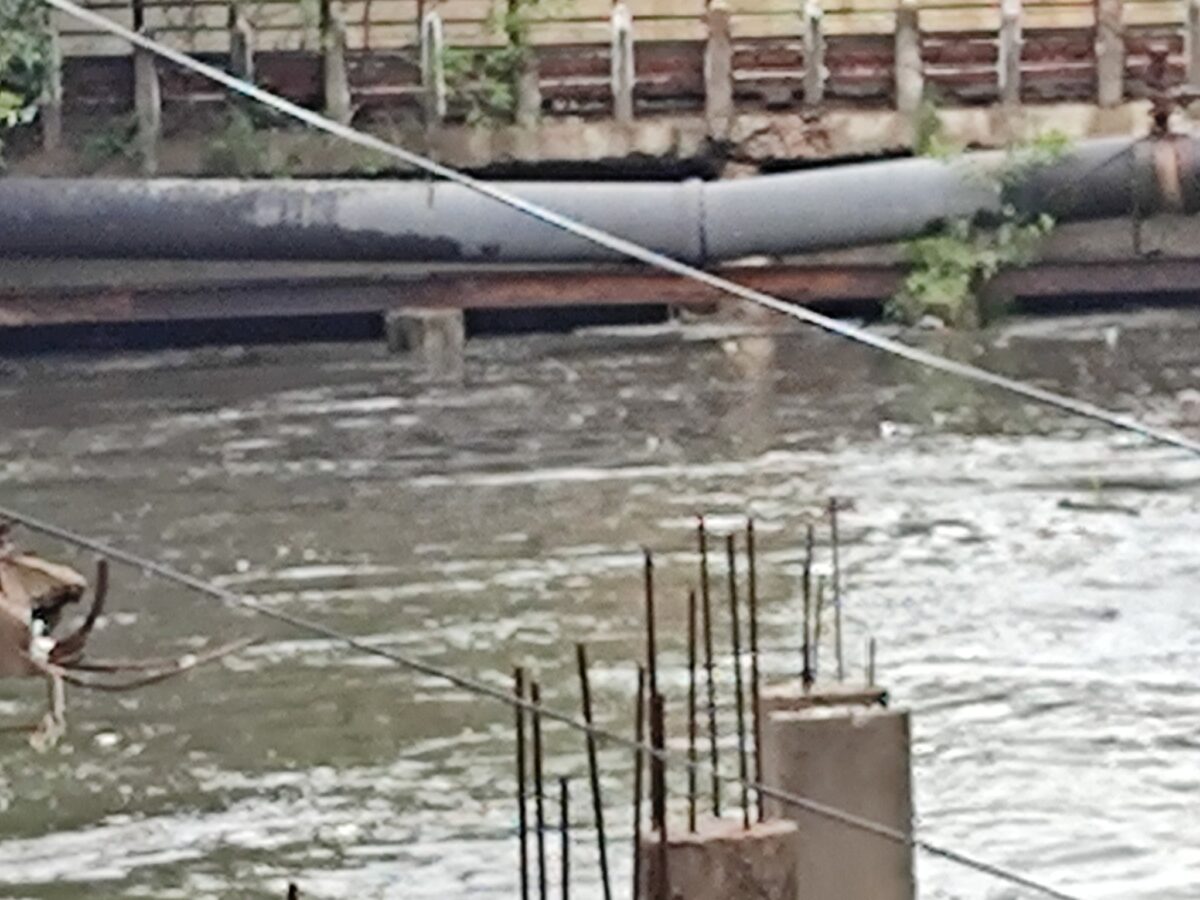The National Green Tribunal has issued directives to ensure the regular de-silting of both open and covered sections of a drain in south Delhi, aiming to curb the emission of putrid odors and noxious gases, which have been causing inconvenience to local residents.
During a hearing on a complaint filed by a residents’ welfare association concerning a partially open stormwater drain in Greater Kailash-1 area emitting toxic and foul gases, the Tribunal, led by Chairperson Justice Prakash Shrivastava, sought additional reports from the Municipal Corporation of Delhi (MCD) and the Delhi Jal Board (DJB).
The bench highlighted that the drain, spanning approximately 945 meters in total, with 300 meters being open, had undergone some de-silting operations as per the MCD report. However, despite these efforts, photographic evidence revealed existing silt in the open areas, causing persistent foul smells, and no noticeable improvement in the situation for the residents.
Moreover, the Tribunal acknowledged the DJB’s report identifying multiple points where sewage enters the drain, with plans to address six of these entry points by March. Additionally, sewage from Mehrauli was found to enter the drain, slated for resolution by June 2025, as per the DJB report.
Pending the DJB’s proposed actions, the Tribunal instructed the MCD to explore the possibility of increasing the number of vents in the drain’s covered sections. Furthermore, it directed both authorities to consistently de-silt the open and covered areas while submitting an action taken report.
The Tribunal emphasised the need for the DJB to disclose critical details, such as the capacity of the Okhla Sewage Treatment Plant, sewage diversion sources, and the sufficiency of the plant’s capacity for sewage treatment.
Additionally, seeking clarification from the MCD regarding the purpose behind creating four channels in the drain, which reportedly hindered cleaning efforts, the Tribunal scheduled the next proceedings for December 22, urging further reports from both the MCD and the DJB. (With inputs from PTI)





